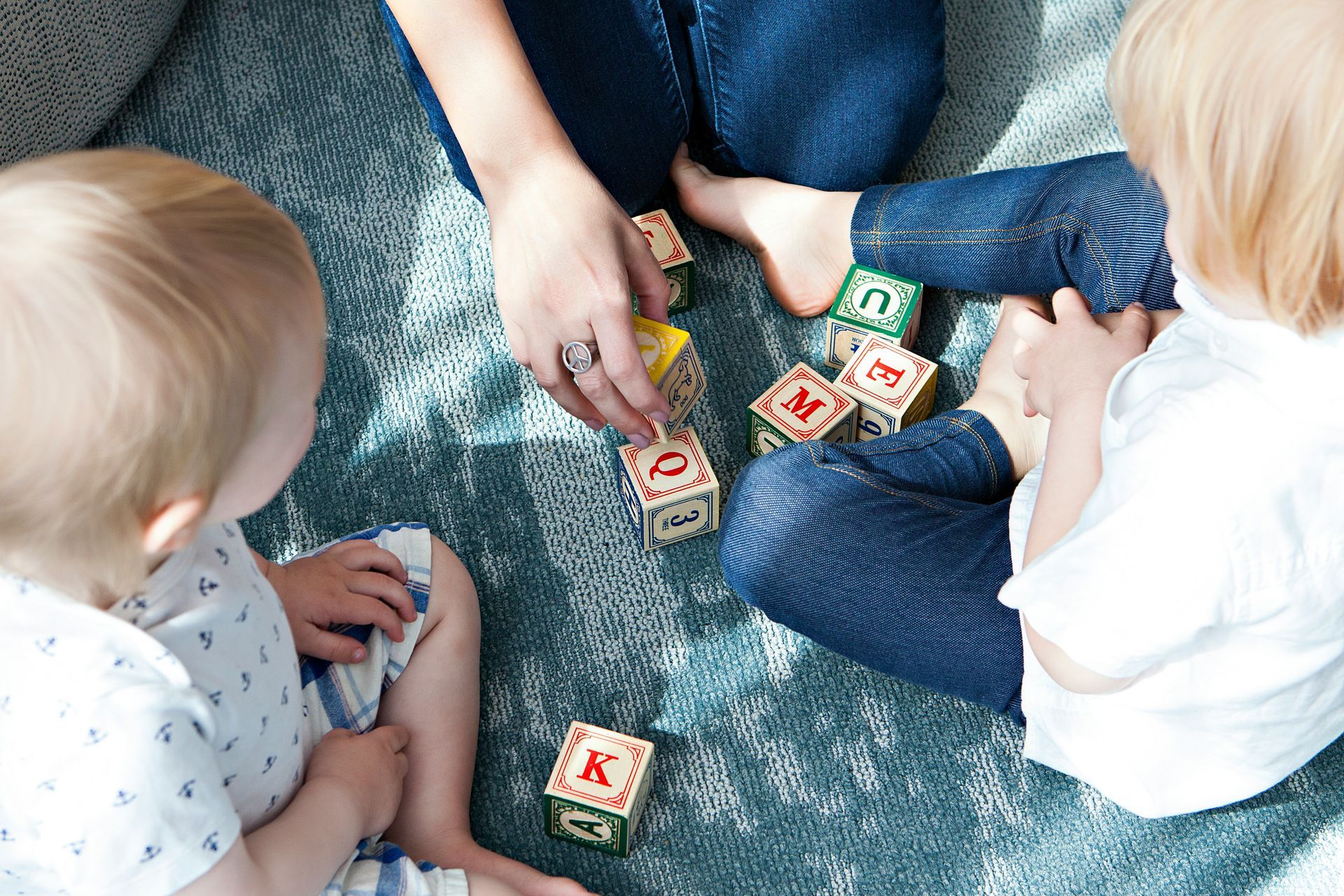Simple Steps to Calmer Parenting: How Understanding Your Child's Brain Can Transform Discipline
Transform Your Family's Daily Struggles Into Peaceful Solutions: A Charlotte Parent's Guide to Brain-Based Discipline

Your toddler is screaming in the middle of Target. Your school-aged child refuses to do homework. Your tween slams their bedroom door. In these moments, wouldn't it be wonderful to have a roadmap for responding in a way that works?
Parents often feel trapped in a cycle of threats, punishments, and escalating emotions. Traditional discipline methods can leave both parent and child frustrated, misunderstood, and disconnected. Parents might interpret misbehavior as defiance rather than dysregulation without understanding what's happening in their child's brain.
Dr. Tina Payne Bryson, co-author of "The Yes Brain" and "No-Drama Discipline," offers a revolutionary approach. Instead of focusing on punishment, she suggests understanding your child's brain state first, then responding with strategies that build connection and teach skills.
"When little people are overwhelmed by big emotions, it's our job to share our calm, not join their chaos," explains Dr. Bryson. This approach is backed by neuroscience research showing that children can't learn when they're emotionally overwhelmed.
The Connect-First Approach
Before addressing any behavior, create safety through connection. Your child's brain needs to feel secure before it can be ready to learn or change behavior.
Move closer to your child rather than sending them away- Get down to their eye level
- Use a soft, calm voice
- Reflect on what you see: "You seem upset right now."
- Wait for signs of regulation (calmer breathing, softer face)
When you connect first, your child learns they can count on you during difficult moments, strengthening your relationship and emotional resilience.
The Name-It-To-Tame-It Method
Help your child understand and manage their emotions by giving them words for their experience.
Notice your child's emotional state.- Label the emotion: "It looks like you're feeling frustrated."
- Validate their experience: "It's hard when things don't go as planned."
- Share a similar experience of your own
- Problem-solve together once calm
This strategy helps develop emotional intelligence and gives children tools for managing big feelings independently.
The Redirect with Respect Strategy
Once your child is calm, guide them toward better choices while maintaining their dignity.
Acknowledge their original desire.- State the boundary clearly
- Offer acceptable alternatives
- Support their choice
- Celebrate their flexibility
Children learn problem-solving skills and feel respected even when they can't get their way.
Remember that Target meltdown? With these brain-based approaches, you now have the tools to turn challenging moments into opportunities for connection and learning. Each difficult situation becomes a chance to build your child's emotional intelligence while strengthening your relationship.
Are you ready to transform your parenting approach but feeling overwhelmed about where to start? Bareiter Counseling Center's experienced family therapists specialize in helping parents implement brain-based strategies in real-life situations.
Contact us today at 704-334-0524 to schedule a consultation and begin your journey toward more peaceful parenting.



